The narration of the martyr’s wife “Mohammad Sadegh Daraei” about his jihad / had a more air of Sunni marginalized
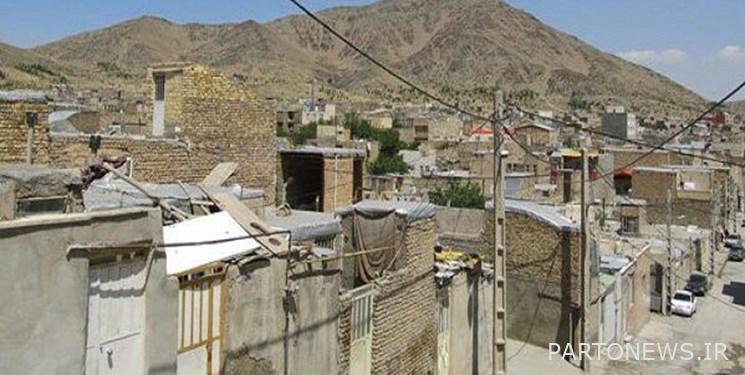
group Society; نعیمه جاویدی: She is a young lady and the mother of two children; A young boy and girl. He says that the bitterness of these days is spent with the sweetness of the memories of the past. Describing living together with a man she has been with since 2014, she says: “Our life was sweet, sweet sweet sweet …” This description is enough to realize how great the grief that grips her breast in the absence of her husband. And how heavy is the hatred that he swallows in spite of his skillful youth. A young woman who tells her husband’s killer and the Takfiri movement: “I raise my son like his father, the servant of the deprived, Islam and the revolution.”
Testimony in the way of serving the deprived
Tonight is the ceremony of the third day of the martyrdom of Martyr Daraei, a young student who, on the 16th of Farvardin, along with two other clerics; Martyr Aslani and Hojjatoleslam Pakdaman were attacked with knives by a Takfiri youth in the courtyard of the Holy Prophet (PBUH) in the Razavi shrine. The martyr “Mohammad Sadegh Daraei” was hospitalized and he hoped to survive, but shortly afterwards it was reported that he had also attained the grace of martyrdom. On that day, a meeting will be held in the Razavi shrine on the subject of distributing iftar and livelihood packages to the shrine of Imam Reza (AS) among deprived and marginalized families in Mashhad. The people in charge of all 7 suburbs of Mashhad were the guests of this meeting, including the three people who happened to be there. While all three were on their way to the same meeting, the assailant Takfiri youth struck them several times with a knife, beating and martyring them.
Hojjatoleslam Aslani was martyred at that time, but Daraei and Pakdaman were wounded and survived. They were rushed to hospital. On the 17th of Farvardin, but the news came from the second cleric; Martyr Daraei was also martyred despite taking the necessary medical measures. In Mashhad and his native village “Bazd” various ceremonies were held for him and he was buried in the Razavi shrine like Martyr Aslani. We talk about him with “Zahra Ghasemi”, his young wife, who now has to enlarge his relics and keep his memory alive. Despite the hot freshness, boredom and bitterness of these difficult days, he responds patiently.
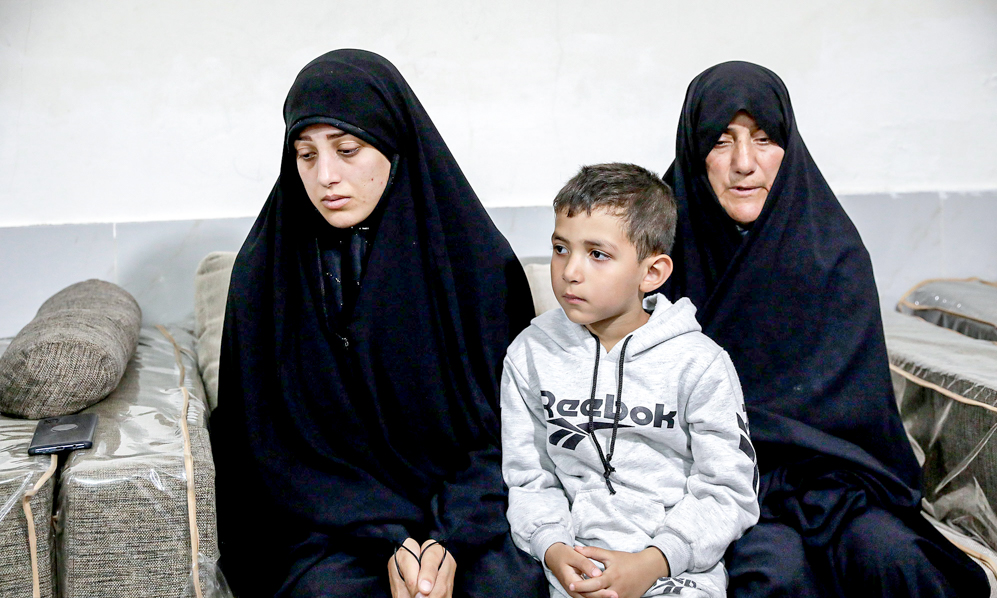
The last text message of my martyr’s wife
The first narration of the life of a student in the seventies and a martyr is related to the same hours that “Zahra Ghasemi”, his wife, made her last contact without thinking and the last text message was exchanged between them: “One was two days We were not feeling well. The children and I had a fever and a cough. I was resting and taking care of myself at home until I thought we needed to see a doctor. My wife was on her way to the meeting when I called, around two o’clock in the afternoon. I wanted him to follow me and the children to go to the clinic. He said that he would definitely come after the meeting and we would be ready and waiting for him around four o’clock. “He was very busy, but he made time for his family and said that our satisfaction with him was a condition and important to him.”
He takes a deep breath to be able to go into more detail later and slowly, the breath behind him takes away his breath and cough. He is still not well, but he responds kindly and says: “I never thought that the message I would send to my wife at 2:14 pm on April 6, and the answer I would receive would be the last words between me and her. I said we are not well and he must come and take us to the doctor who said: My dear, now is the meeting and I will come. “I had no more news until the bitter news reached me and the world fell on me.”
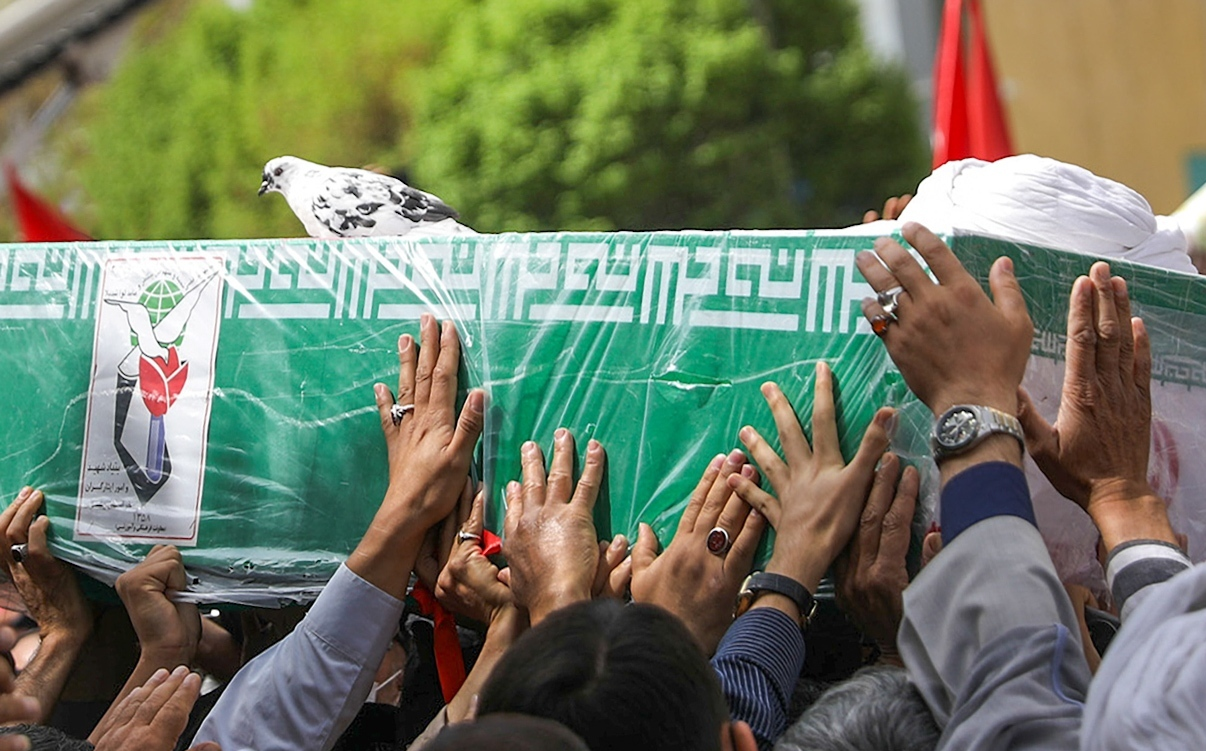
“I’m fine,” he said, pointing to his eyes
First, a text and a photo were published in cyberspace stating that two clerics were martyred in the first hour of the incident at the shrine, which, of course, was not documented and correct. Immediately, official and credible sources published the correct news. One cleric was martyred and two others were taken to the nearest hospital. Banu Ghasemi says from that day: “I followed up and found out that my wife was injured. I would go to the hospital behind his room, one meter away, and maybe shake his hand a little more. I asked: How is Mohammad Sadegh? He would close his eyes, close and open them, which means yes! “She was not upset, but she shook my hand to make sure, and the same commotion eased my heart.”
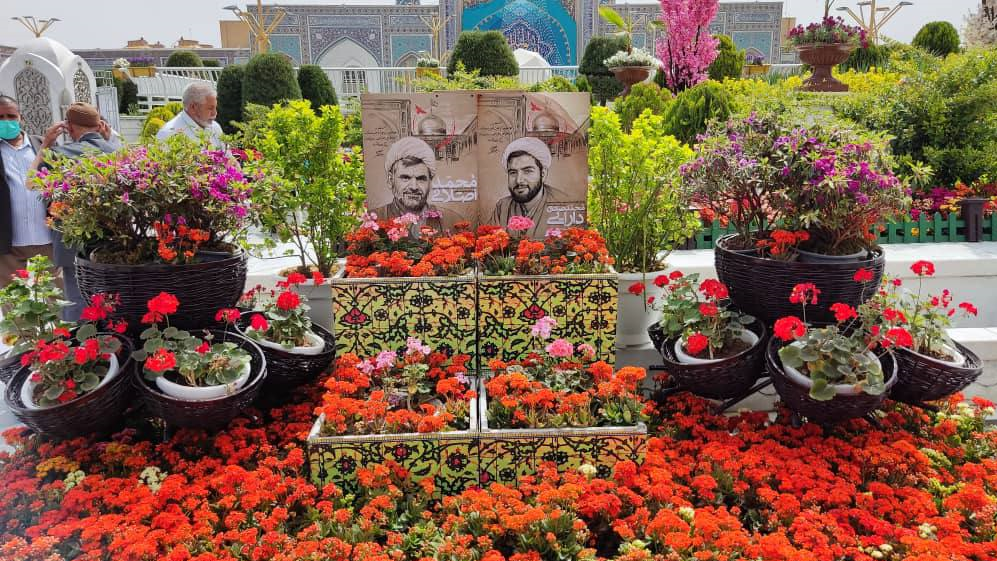
Mohammad Sadegh’s hands were not mine
Martyr Daraei’s wife says of Omidy that she was disappointed: “They said he was going to have surgery because a stab wound to the kidney and a body infection had to be treated, but after the operation, it became what it should not be. He was in a bad mood and his consciousness had come down; It had reached 3. The doctors, knowing that there was no hope, allowed me to go forward this time and said that I could hold my wife’s hand. His hand was swollen and bruised. Mohammad Sadegh always covered my hand very kindly, he had a special warmth and kindness, but at that moment it seemed that my hands did not belong to Mohammad Sadegh, they were cold and soulless. He went his own way and was martyred. I was shocked by that, but for a long time I felt that my husband would be martyred, enough that he ran sincerely and tirelessly to solve the problems and needs of the marginalized deprived. “Sometimes he even has little time and regrets why a day is only 24 hours a day.”
We bought the dowry together
They are a young couple and the fruit of their lives is two children. Martyr Daraei’s wife says: “Our elders say that we belonged to each other as children. Our parents say that we were childhood playmates until we were 5 years old. After that, however, we did not see each other again due to educational and religious observance. I was in high school and he was a student in one of the seminaries. At the suggestion of his family, they proposed. We got married in 2014. “We were married for a year and five months and had a simple marriage.”
Whenever he wants to talk about their life together, two words are heard more than the others; “Simple” and “sweet”. Explains how a very simple life can be very sweet in his own words: “We made this life together. My wife and I believed that one does not grumble, rely on, or object in vain for a life that one has created. Whenever he wants to say something and get an objection, he does not like it. Maybe that’s why the difference is less and the love is more. My wife had a limited income. “He was saving his money. I put the money I was going to buy the dowry on and we bought the dowry together. It was a lot of fun and I have many sweet memories.” “When I saw that he had limited financial means, I decided to make life easier than other healthy friends of the same age,” he said of his wife. We did not buy many small items. Being a healthy, religious, kind, and appreciative family man was more valuable to me than anything else. “We were supposed to live together, not with tools and dowries.”
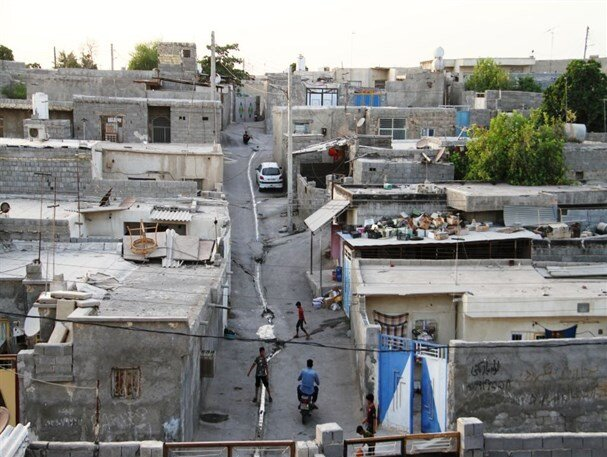
When he told me that you are a jihadist …
He talks about the grievances and problems that can occur in any life and have occurred in their lives, but for a specific reason: “He was very interested in the work of the people and the deprived. I always tried to support and encourage him sometimes but his presence at home was very low, I stayed and had two small children, young and infant. This hand of being alone bothered me and I brought less. Once I complained to my brother that Mr. Mohammad Sadegh had a good hearing from him. My brother had said: Give my sister a little right … “The answer he heard, he recovered and solved the problem:” He had looked into my brother’s eyes and had said in a kind and firm tone: Your sister; My wife is a full-fledged jihadist. It was as if I had flipped in and got to know my wife better; He really looked at the service and the work he was doing through the eyes of “jihad”. That’s when I got to know my homework better, and I was somehow on this path. “That is why the hardships are sweet and bearable for me.”
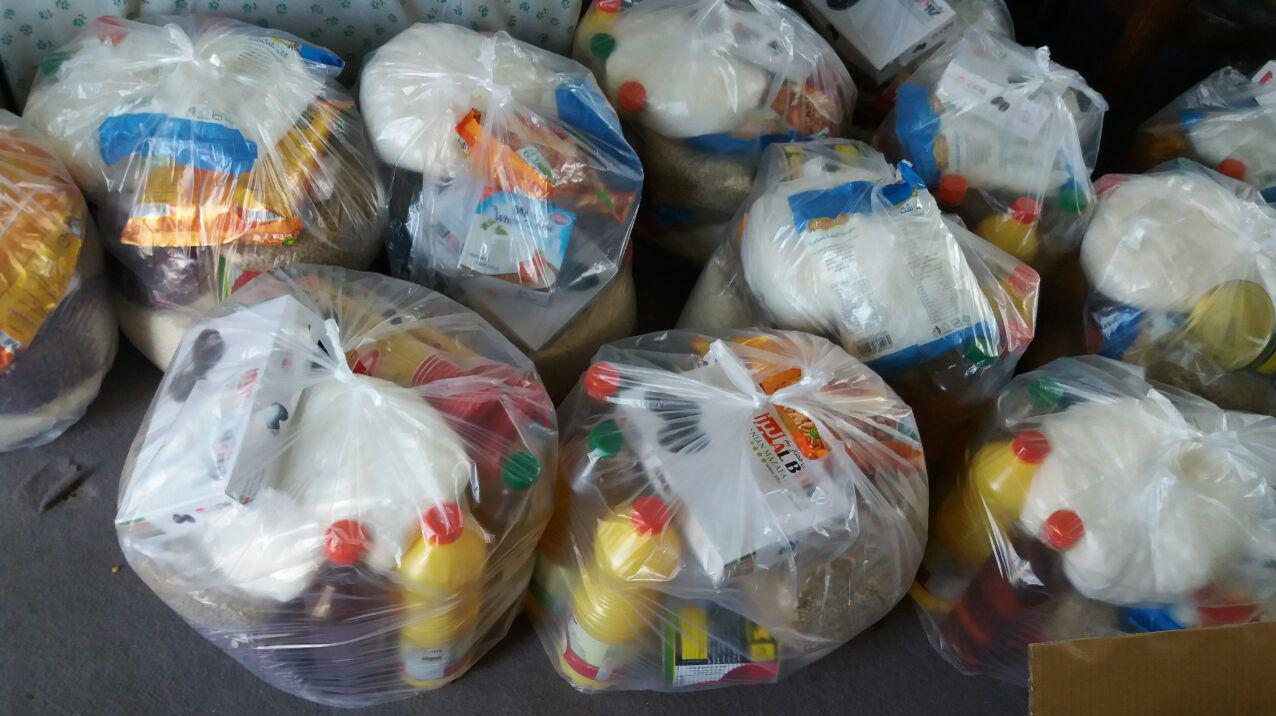
I realized that we empathize with each other and have one heart …
Women like to hear their descriptions and praises from their partner, Ghasemi, who has often praised her, says: I see that I am heartbroken and heavy, but as soon as I have a companion and supporter like you on this difficult path, I thank God. The definition of appearance is pleasant for every woman, but this sentence of my wife had an important message for me; We were empathetic and one heart. We had a lot in common, for example, that we never missed anyone’s life. “Our family upbringing was very close, thank God.”
He recounts a heartbreaking memory that his wife was happy with him: I would give it to my wife and tell her to take the mosque, give it to a needy person or to the families on the outskirts of the city. Her eyes laughed with joy and she said: “Thank God that you are with me, Zahra …”
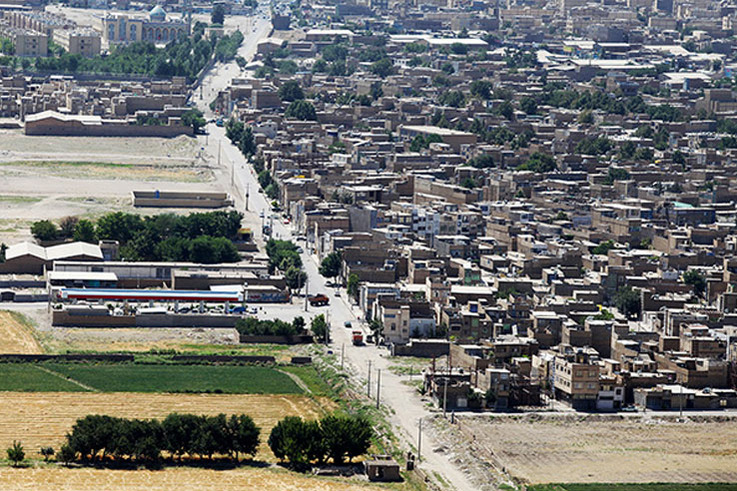
He served more Sunnis
The sound of the crying of the young daughter of the martyr Daraei comes from behind the mobile phone, which takes the excuse of the father. Lady Ghasemi, my dear mother John! I’m coming now. He says and his heart trembles that this young lady must endure nostalgia and timeless excuses and calm them down. But what you hear brings you to the point where he is strong before he was grieving and lonely: God and his happiness is this, I and my children will continue his path and we will serve the orphans, the deprived and the needy as much as we can. “The flag he picked up one day is now on our shoulders and we will not put it down.” “In the area where my wife served, the number of needy Sunni families was not small,” she said, referring to her husband’s special attention to needy Sunni families. To Shiites and Sunnis; They all cared, and perhaps more for Sunni families. “They should not feel that we discriminate and serve them less.”
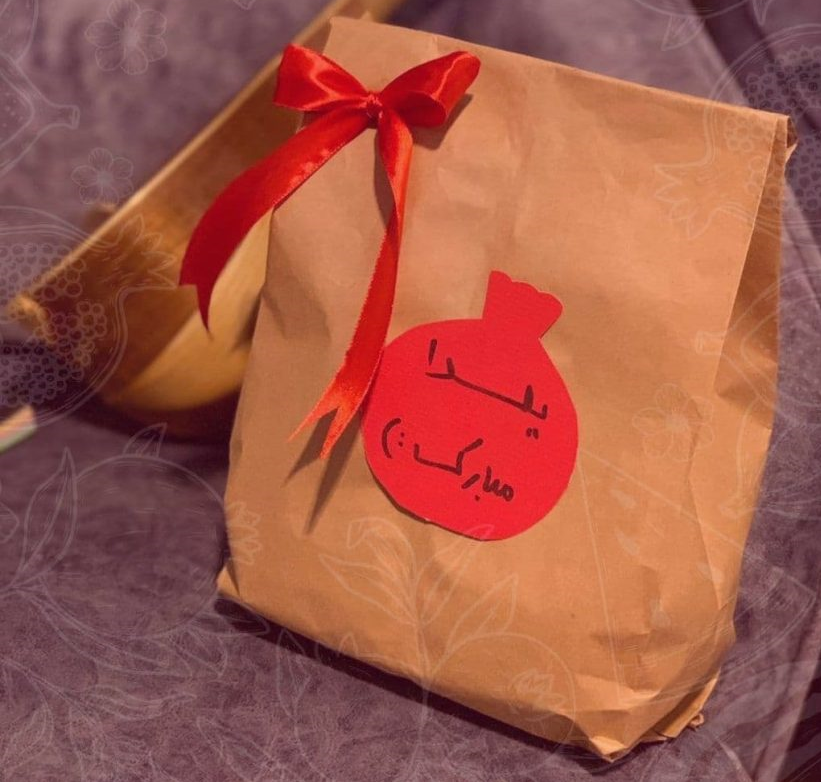
First Yaldai deprived then family
“Once he came home, although I knew he was tired and hungry, but he had no appetite at all,” he said of his wife’s hardships in jihad. His eyes were full and he said: Today I saw a boy who had not eaten for two days and was crying from the intensity of his heartache. “He considered himself responsible for these people.” He talks about a “deliberate delay” in their lives and says: “My husband first celebrated Yalda for families in the suburbs and then bought Yalda for his house. First, the children on the outskirts of the city had to buy new clothes and then our own children. He recently set up two charities to help disadvantaged families. Jahandideh Martyr Charity Center, which cooperated with Imam Khomeini’s Relief Committee and supported orphans and needy children. “Another was the Sahib al-Zaman Charity Center, which operated in the form of distributing charity funds in people’s homes, and the money raised was donated to the needy in the form of livelihood packages and financial aid.”
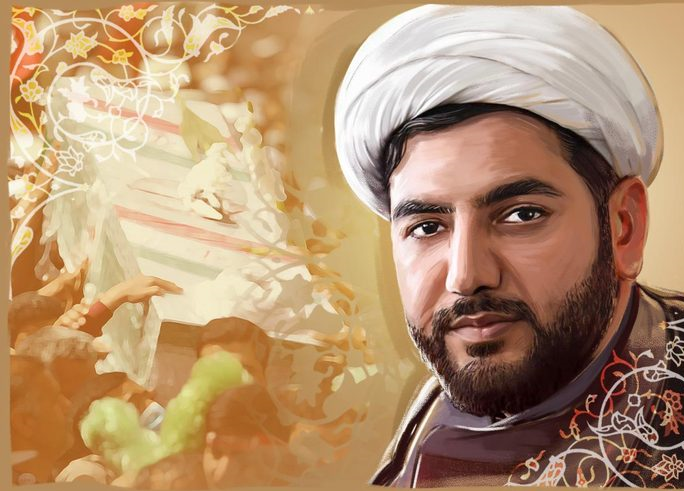
Penalties for sacrificing mother’s hair
He describes his wife’s perseverance, saying, “These institutions usually operate on the basis of public donations, and the financial capacity of the people is limited. Because disadvantaged families are usually families with disabilities, the sick, and the socially disadvantaged, this also increases the need for financial assistance, and charities and support institutions must come to work. “One of the hardest things that took a lot of energy from my wife was gaining the trust and help of these people.”
“For example, one of their appointments was that no one has the right to answer their phone during a meeting, otherwise they will not be able to do so,” Ghasemi said. There was a fine. My wife, however, was constantly fined because she did not want her mother not to answer and said that her mother had a right to her neck. His father had died, so he had his mother’s air. Now, in addition to the restlessness of the children, his mother’s impatience also hurts me. “But I know he will take my hand, he will help me continue with the same warm and kind hands I always have.”
/ End of message / 210
You can edit this post
Suggest this for the front page

